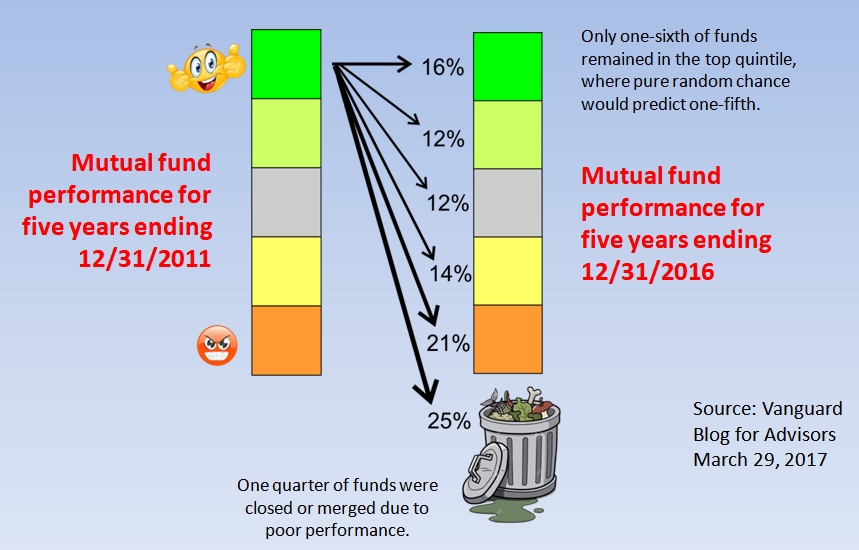I'm especially happy about the muni fund.
https://finance.yahoo.com/news/fidelity-steps-fee-war-vanguard-120000274.html
Fidelity, which has $2.8 trillion under management, on Tuesday announced the addition of four index funds with expense ratios of 0.05% that invest in either mid-cap or small-cap growth or value stocks, as well as a municipal bond vehicle charging 0.07%.
https://finance.yahoo.com/news/fidelity-steps-fee-war-vanguard-120000274.html

